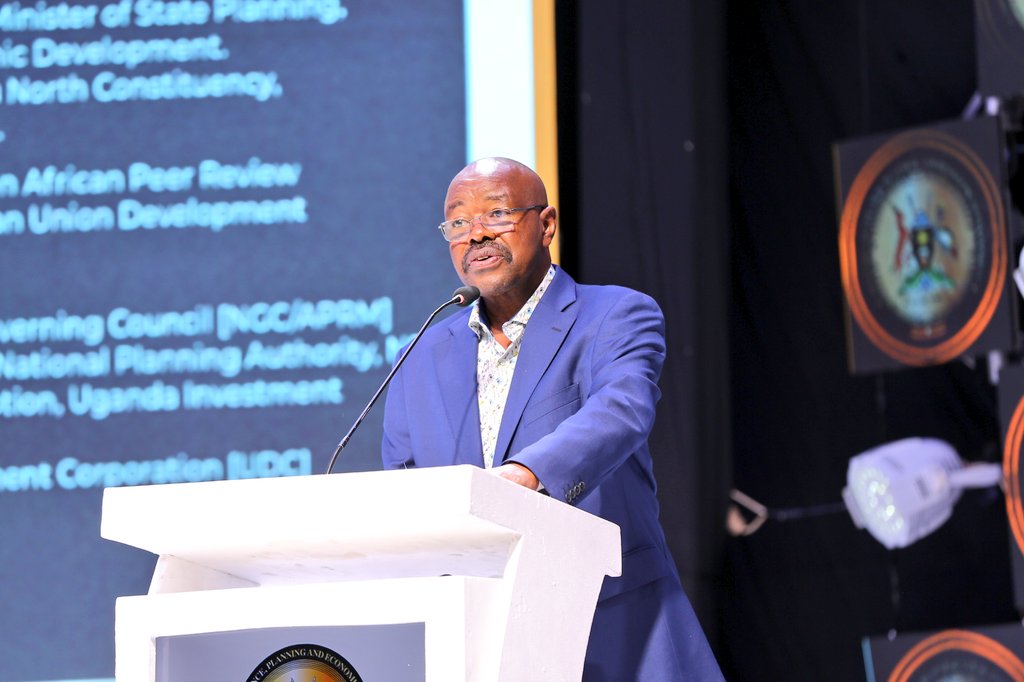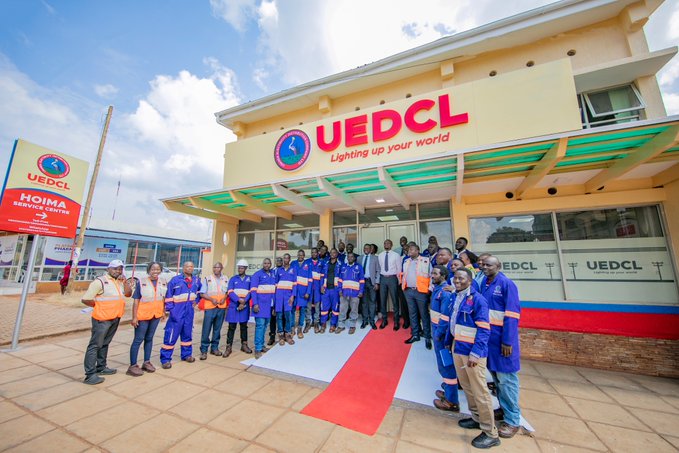Makerere University innovation wins gold at international clean energy competition
Over 100 aspiring students from Bangladesh, Kenya, Nepal, Nigeria, Senegal, Sweden, Uganda, the UK and Zimbabwe took part in the competition, now in its fourth year.

A joint entry by Makerere University and Independent University of Bangladesh won gold at the grand final of the Efficiency for Access Design Challenge, a leading technology innovation competition to design off-grid appliances.
Students from two universities won the big prize for their solar-powered automated anaerobic digestion system which produces cooking gas and a crop fertilizer from food waste.
Over 100 aspiring students from Bangladesh, Kenya, Nepal, Nigeria, Senegal, Sweden, Uganda, the UK and Zimbabwe took part in the competition, now in its fourth year.
The purpose of the competition is to enable students worldwide to contribute to the improvement of the lives of communities in underdeveloped or off-grid areas. Presently, around 733 million individuals lack access to electricity, the majority of them concentrated in the Global South.
The Efficiency for Access Design Challenge is delivered by research and development innovators, Efficiency for Access, in collaboration with Engineers Without Borders UK and supported by UK aid and the IKEA Foundation.
Strathmore University, Kenya was a double winner, achieving awards in both the Silver category and in the People’s Award category for their smart solar-powered Internet of Things (IoT) irrigation system.
Other Silver awards went to Turkana University College, Kenya for a solar-powered greenhouse, and Aston University, UK for a solar-powered ICT system; in the Bronze category awards were presented to University of Nairobi, Kenya for their solar-powered hydroponic vertical farm; to a second team from University of Nairobi, for a solar-powered atmospheric water generator kiosk, and to University of Port Harcourt, Nigeria for a solar food dryer.
Participating teams have to ensure their solution is focused on UN Sustainable Development Goal 7 – Affordable and Clean Energy and considers innovation, social and environmental impact and scalability criteria.
Rob MacIver, Energy Innovation Adviser, Foreign, Commonwealth and Development Office said: “As in previous years, the entries have been of an exceptionally high standard. Well-thought-out solutions show that participants take very seriously the issue of energy access and the impacts of the climate emergency for those in the Global South.”
Jolanda van Ginkel, Programme Manager Renewable Energy, IKEA Foundation said: “The Efficiency for Access Design Challenge is an incredible opportunity for young people to make a positive impact on communities through clean energy innovation. The participants have put their creative and technical skills to great use by designing practical real-world solutions to improve the lives and livelihoods of people in underserved areas of the world.”
Mike Thornton, Chief Executive, Energy Saving Trust, joint coordinators of Efficiency for Access said: “Supporting young people to build up their green skills and encouraging them to develop clean energy innovations are key to creating a technically adept and creative workforce. This will be important in meeting the demands of the emerging clean energy sector, as we work towards a just transition to net zero for all.”







